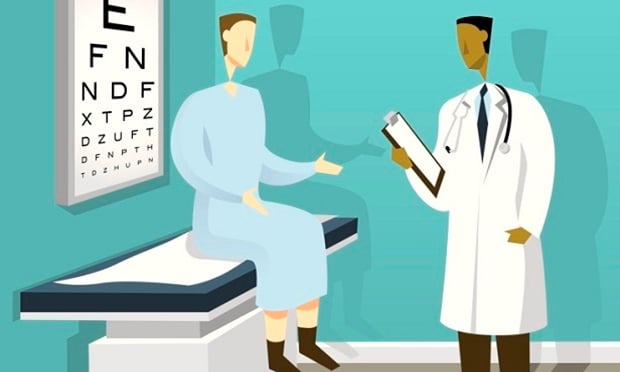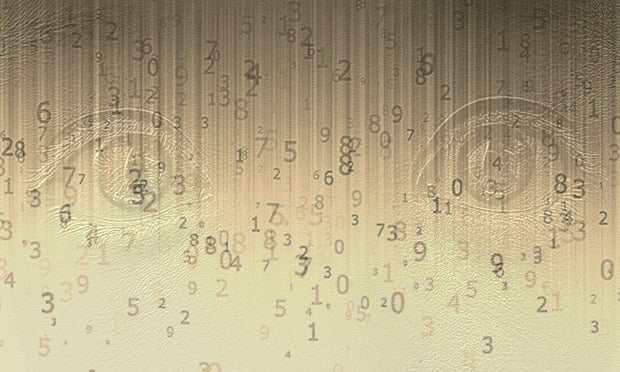There has been quite a buzz around personal health records, with Microsoft and Google getting into the fray. This shows us at least two things. First, health care is becoming more and more synonymous with technology fortified by the Web 2.0 formula. Users of health care services are educated and technologically sophisticated, and are expecting that same level of maturity when searching for answers to their health care questions. Second, the barriers to entry are low. Technology companies see a very lucrative business opportunity, and they are seizing that chance with vigor.
But does the fact that these technology companies are populating the industry make the industry better? Does putting patients in charge of their health and medical information improve the health care system? Time will tell, but I will argue that it is a big step in the right direction.
Studies have shown medical errors, adverse outcomes, and costly, and oftentimes unnecessary, hospitalizations can result when patients don't get enough quality attention, and data isn't consolidated between a patient's caregivers. Health plans, employers, government agencies and consumers see the value in creating repositories for health information from which to make good diagnoses and develop effective treatment plans. I consider these the first phase of PHRs.
Continue Reading for Free
Register and gain access to:
- Breaking benefits news and analysis, on-site and via our newsletters and custom alerts
- Educational webcasts, white papers, and ebooks from industry thought leaders
- Critical converage of the property casualty insurance and financial advisory markets on our other ALM sites, PropertyCasualty360 and ThinkAdvisor
Already have an account? Sign In Now
© 2024 ALM Global, LLC, All Rights Reserved. Request academic re-use from www.copyright.com. All other uses, submit a request to [email protected]. For more information visit Asset & Logo Licensing.








